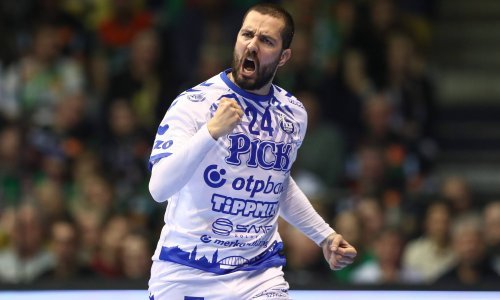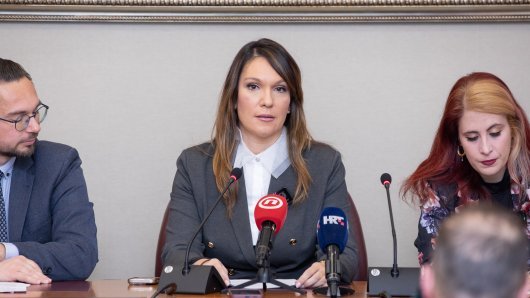Croatian Foreign Minister Vesna Pusic has said that Croatia will align its legislation on the application of the European Arrest Warrant (EAW) with the EU acquis, adding, however, that the entire job could not be conducted by Friday, 23 August.
The European Commissioner responsible for justice and fundamental rights, Viviane Reding, recently wrote to the Croatian Justice Minister Orsat Miljenic that Croatia must determine the exact deadlines by which it would align the law with the EU acquis communautaire, and she expects an answer by 23 August.
"There is no doubt that Croatia will adjust its legislation to the European standards, as envisaged by the treaty, however, the entire job could not be done by Friday," the foreign minister told the national television (HTV) on late Wednesday evening.
She reassured that Croatia would function in line with EU standards.
Asked whether the Croatian government decided in the meantime to amend the contentious law, which was passed on 28 June, and abolish the time limit from when Croatia may apply the EAW, Pusic said that the rule on no time limit was applied on all entrants that joined the Union after 2002.
The legislation which Croatia passed on 28 June is dubbed Lex Perkovic as its opponents believe the time limits for the application of the EAW have been introduced by the government in a bid to prevent the extradition of former Yugoslav intelligence agent Josip Perkovic, a Croatian national wanted in Germany on charges of having masterminded the political killing of a Croatian dissident in Bavaria in 1983. Such law on judicial cooperation in criminal matters with EU member states provoked plenty of criticism from the opposition and a share of the public as well as dissatisfaction from the European Commission over the regulation which limits the warrant to crimes committed after August 2002.
Prime Minister Zoran Milanovic said in an interview with the national television (HTV) on Monday evening that there was that rule in the European Union which he found to be "twisted" and "discriminatory against countries".
Milanovic believes that the topic of extraditing one's own citizens should be discussed within the European Union as he fears that the current rules are discriminatory against some member-states.
The same rules do not apply to Croatia or to Slovenia, which negotiated its accession to the EU a few years before, as they are subject to more stringent requirements than Austria or France. It is about the extradition of one's own nationals. We believe that it is a topic for discussion, Milanovic told the HTV.




































